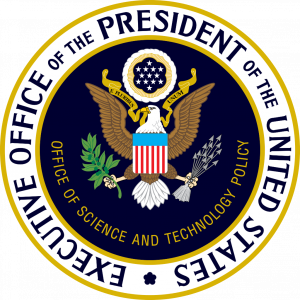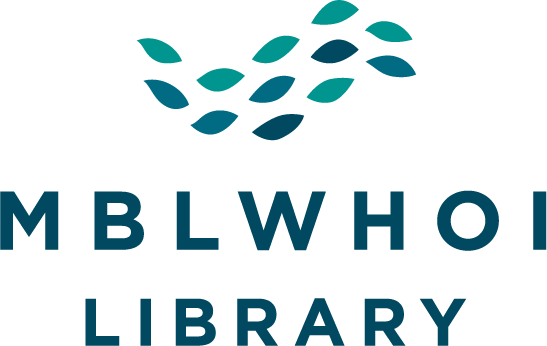6 Things You Need to Know About the New White House Office of Science & Technology Open Access Policy

In August, the Biden Administration released a memorandum through the White House Office of Science & Technology (OSTP) updating and strengthening a 2013 memorandum from the Obama White House. This guidance builds on years of progress that have been made in the US regarding Open Science, and brings the country closer to other governments that have already aligned more closely with UNESCO’s Recommendation on Open Science. These new policies impact any research being conducted with support from US federal funding agencies. There are a few major changes to the 2013 memorandum that members of the Woods Hole Scientific community should take note of:
- All federal research funding agencies must now adopt open access policies, not just larger ones.
How is this different from the 2013 memorandum? Previously, the 2013 OSTP memo only applied to agencies funding $100M or more in extramural research. The new policy guidance covers all federal agencies and departments regardless of size of the agency or of the award. - No more embargo periods or delays for publications.
The 2022 OSTP memo requires published research to be available via immediate or unembargoed Open Access. The new policy guidance eliminates the currently allowed 12 month embargo period. - Data must be included in Open Access Policies.
Not only will scholarly and peer-reviewed publications continue to be included in OA Policies, but any underlying scientific data must be now covered as well. Federal funding agencies have the discretion to go beyond this and also require “peer-reviewed book chapters, editorials, and peer-reviewed conference proceedings” to be included. This new policy offers the opportunity to improve scientific research integrity. - Researchers will NOT be required to pay to publish their work in a journal.
Federal funding agencies will instead designate repositories in which research can be shared with the public. For example, since 2013, the NIH has been requiring any research funded by their agency be included in PubMed Central. - Improved Accessibility.
The new memo is also requiring that publications must be in formats that allow for machine readability and enable access through assistive devices in order to “maximize equitable reach of public access to peer-reviewed scholarly publications”. - New policies will go into effect no later than December 31st, 2025.
Don’t panic just yet! Federal agencies have been given plenty of time to update their policies, though many won’t be making dramatic changes to policies they’ve already had in place since 2013. All federal funding agencies must develop a plan by December 31st, 2024 and implement that plan no later than December 31st, 2025, but some may put their new policies into effect sooner.
Are you looking to publish your next work in an Open Access format, but not sure where to deposit it? We’ve got you covered! Since 2004, the MBLWHOI Library has supported Open Access publishing of your research with our CoreTrustSeal Institutional Repository, the Woods Hole Open Access Server (WHOAS). We welcome publications from across the Woods Hole Scientific Community including the Marine Biological Laboratory (MBL), NOAA Fisheries, Sea Education Association (SEA), Woods Hole Coastal and Marine Science Center (USGS), Woods Hole Oceanographic Institution (WHOI) and Woodwell Climate Research Center. We can assign a Digital Object Identifier (DOI) to appropriate theses/dissertations, conference and workshop presentations, datasets, images, and publications deposited in WHOAS which makes your work more findable and enables accurate data citation. For more information about WHOAS, visit our site or email us at whoas@whoi.edu.
Have questions? We have answers! Check out some of the additional resources below for more information or contact a librarian at library@mbl.edu.
Additional Resources:
- Read the full White House Office of Science & Technology Policy, August 25, 2022 Memorandum Ensuring Free, Immediate, and Equitable Access to Federally Funded Research
- SPARC* – “Fact Sheet: White House OSTP Memo on Ensuring Free, Immediate, and Equitable Access to Federally Funded Research”
- The Official PLOS Blog – “PLOS cheers the OSTP memorandum “Ensuring Free, Immediate, and Equitable Access to Federally Funded Research””
- Center for Open Science Blog – “A Win for Open Science: White House OSTP’s Updated Guidance Advances Open Access and Data Sharing Across Federal Agencies”
- ASU Libraries – “3 takeaways from the 2022 White House Office of Science and Technology Policy”
- UNESCO Recommendation on Open Science, adopted in November 2021
by OA Week 2022 Committee
Samantha Porter, Audrey Mickle, Debbie Roth, Karen Urbec, and Matt Person
